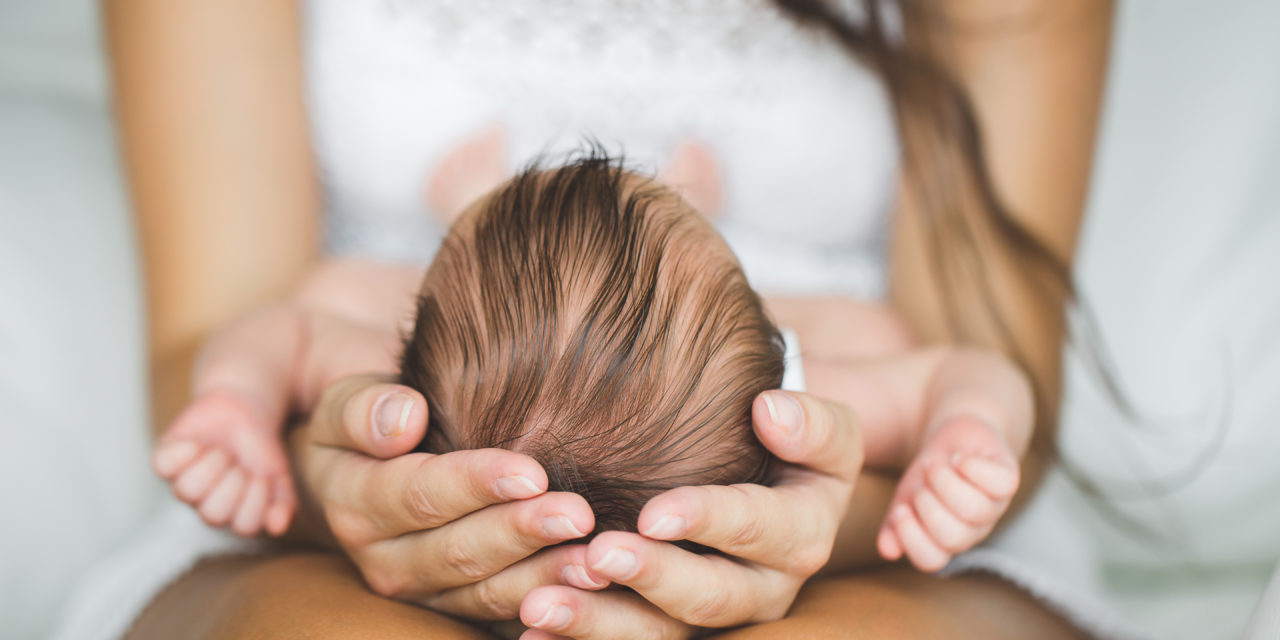West Virginia is the second state in the nation to pass a law protecting preborn babies since the reversal of Roe v. Wade.
The new pro-life law protects preborn babies from the moment of fertilization. Under the state statute, there are exceptions for medical emergencies, fatal fetal abnormalities, and in cases of rape and incest.
The measure, House Bill 302, was passed in the state Senate by a vote of 24-5 and in the state House by 77-17 on September 13. The governor signed it into law just a few days later, on September 16.
Before Roe’s reversal, abortion was permitted in West Virginia until 20 weeks gestation.
West Virginia also had a pre-Roe abortion law on the books that would have prohibited most abortions.
Following the U.S. Supreme Court’s decision in late June overturning Roe, West Virginia’s pre-Roe abortion law protecting babies in the womb was immediately challenged by abortion activists.
The only abortion clinic in the state sued to stop the law from going into effect.
Abortion sellers claimed that the prior law restricting abortion conflicted with newer law that permitted abortion until 20 weeks gestation and that the old law was too vague.
The attorney general argued that a simple review of state legislative history demonstrated the legislature’s intent to protect preborn human life to the greatest extent legally possible under Roe, and with Roe’s reversal, the old law should be enacted.
Ultimately, the judge sided with the abortion clinic and granted a temporary injunction blocking the pre-Roe law from going into effect. Since that ruling in mid-July, abortion has been legally accessible up to 20 weeks gestation in West Virginia.
Following the July court ruling, the governor of West Virginia called on the state legislature to return for a special session to clarify abortion law in the state.
The new pro-life law is a direct result of intentional legislative actions to protect life in the womb and make the court challenge by abortion activists moot.
Once more, the only abortion clinic in the state is barred from offering abortion services. According to court documents cited by AP News, in 2021, the clinic performed 1,304 abortions, and 87% of those abortions were for patients from West Virginia.
Unlike many other states where abortion activists are challenging the constitutionality of pro-life laws as applied to state constitutions, West Virginia’s constitution clearly states that “nothing in this Constitution secures or protects a right to abortion or requires funding of abortions.” The people of West Virginia voted to add this language to the state constitution in 2018, and it passed with 52% of the vote.
West Virginia is an example to other states on how to overcome abortion activists, intent on pushing their extreme views of abortion on people in every state. If a state wishes to protect preborn human life, it should do so very clearly in state statute and constitutional language.
Photo from Shutterstock.






